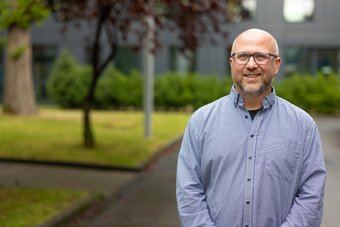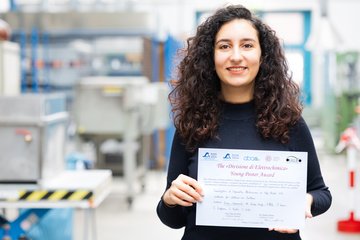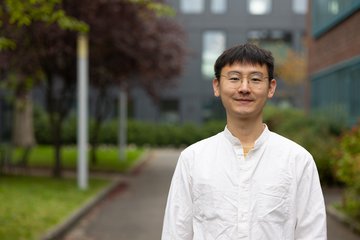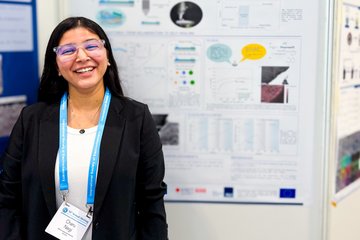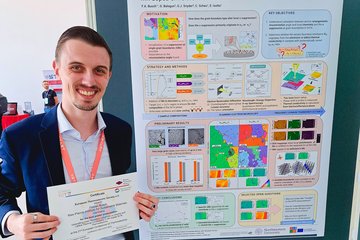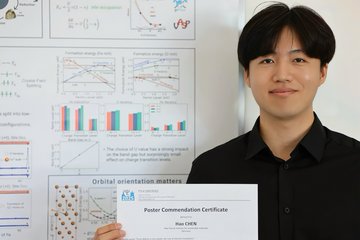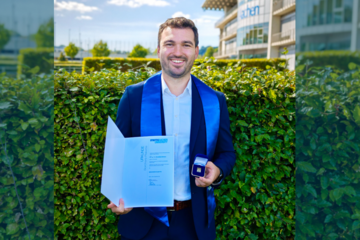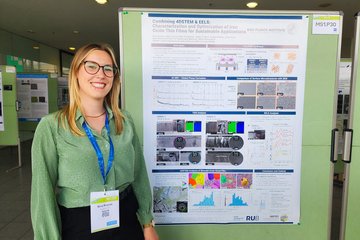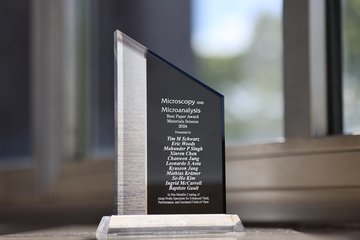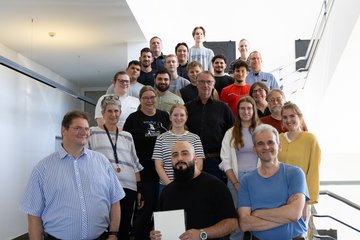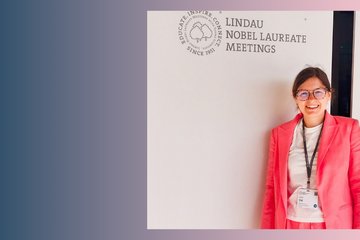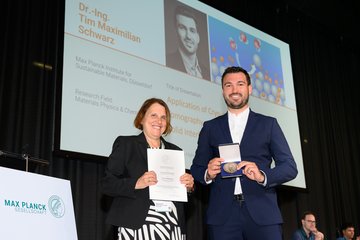Fritz Körmann awarded Heisenberg Fellowship
Simulating complex materials in real-world conditions
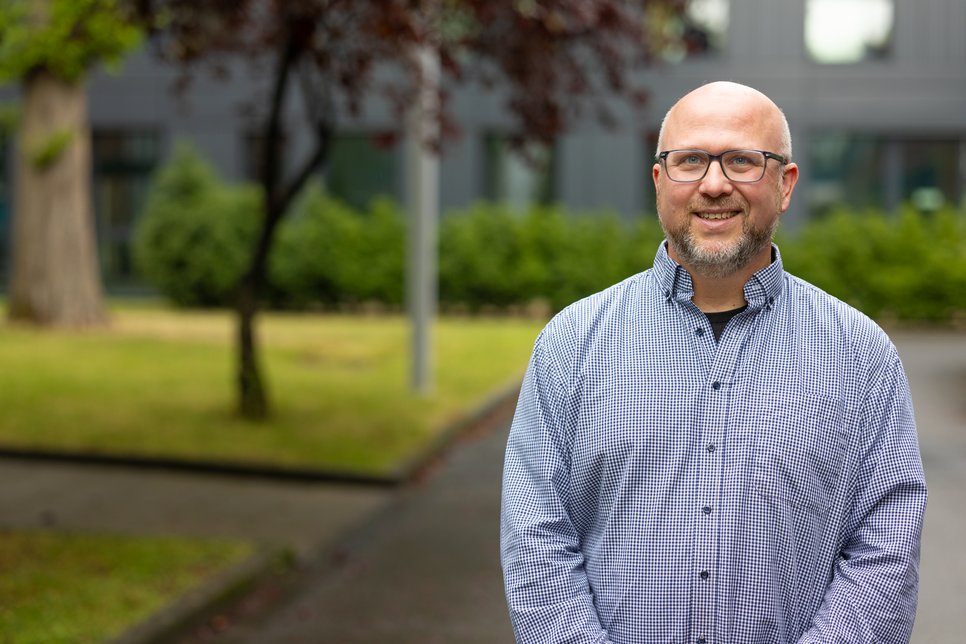
The German Research Foundation (DFG) has awarded Dr. Fritz Körmann, former doctoral researcher and now guest group leader at the Max Planck Institute for Sustainable Materials (MPI-SusMat), a prestigious Heisenberg Fellowship. Starting on 1 October 2025, he will continue his research at the Interdisciplinary Centre for Advanced Materials Simulation at the Ruhr University Bochum (RUB). Körmann is an expert in computer simulations and machine learning for materials science. By combining computational models with artificial intelligence, he develops predictions of how complex alloys behave under real-world conditions.
“The fellowship gives me the opportunity to further advance my research on complex alloys. I’m also very much looking forward to continuing close collaborations with MPI-SusMat in joint projects,” says Körmann. His focus lies on so-called high-entropy alloys – mixtures of many elements at high concentrations. Their complex composition allows researchers to exploit the properties of each element more effectively and to combine features that often contradict one another. This makes it possible to tailor and optimise mechanical stability, magnetic properties, and corrosion resistance in one material.
A central part of Körmann’s project will address how atoms arrange themselves in these alloys and how this ordering affects material properties. “Only through new computational models and machine learning methods can we gain realistic insights into these atomic structures,” he explains. His ultimate goal is to develop models that not only explain the link between atomic structure and material properties, but also serve as tools to design entirely new alloys with customised functionalities.
Fritz Körmann studied physics at the Humboldt University of Berlin and RWTH Aachen University, and completed his PhD at the University of Paderborn with the highest distinction, summa cum laude. During his doctoral research, he worked at MPI-SusMat in Düsseldorf. Before receiving the Heisenberg Fellowship, he led a research group at TU Delft (Netherlands) and held positions at the Federal Institute for Materials Research and Testing in Berlin and at the University of Stuttgart.
The DFG’s Heisenberg Programme enables outstanding researchers to pursue their own projects at an institution of their choice and to strengthen their scientific profile in preparation for leadership positions. Named after Nobel Prize laureate Werner Heisenberg, who was appointed professor with 26 years and received the Nobel Prize in physics being 32 years old, the programme is one of the most prestigious funding schemes in Germany.
